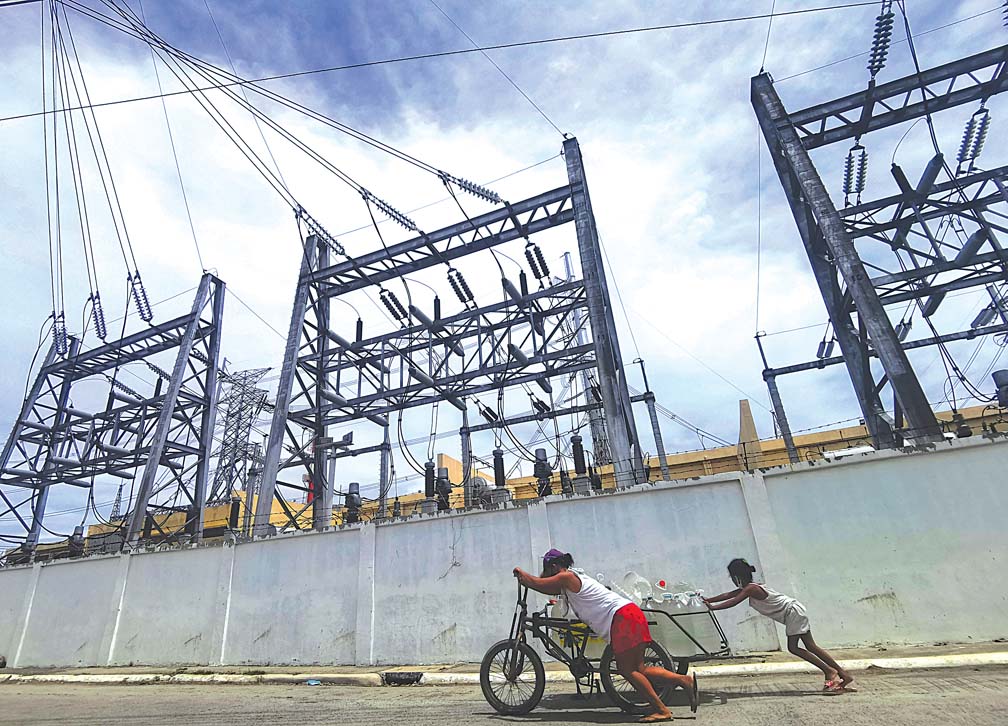The Department of Labor and Employment (DOLE) aims to find more skilled workers for the construction sector in the coming months to sustain local employment growth.
In a text message, Dominique Tutay DOLE Bureau of Local Employment (BLE) director, said the government seeks to maximize millions of employment opportunities expected to be generated by the Duterte administration’s “Build, Build, Build” (BBB) program if it could address the labor shortage in the construction industry.
“The challenge for us is to build more skills to be absorbed by the construction subsector and for skilled returning OFWs [overseas Filipino workers] to take on and fill in the tens of thousands job vacancies in the country,” Tutay said.
In the latest Labor Force Survey (LFS) of the Philippine Statistics Authority (PSA), employment grew to 94.7 percent from 93.4 percent.
The bulk of the additional jobs were from the industry sector, particularly in the construction subsector.
“Net employment in industry sector is mainly driven by net employment increments in construction [434,000],” Tutay said.
The BLE estimates the country will need over a million workers in the construction sector, as the Duterte administration starts with its BBB infrastructure program in the coming months.
This growth maybe hampered if the country is unable to meet this demand, Tutay added.
She said they are now coordinating with the Technical Education and Skills Development Authority (Tesda) to raise the number of its trainees in the field of construction.
Last month Tesda announced it is targeting to train 100,000 construction workers for the BBB.
Currently, Tutay said, Tesda may be unable to generate enough graduates from its technical and vocational and skills training (TVET) for the construction industry due to its low number of interested trainees.
“There are some trainees, who will not be able to avail [themselves] of the training even if it is free since they will have no money for transportation and food. That is why we advised Tesda to consider providing a training allowance,” Tutay said.
She added they also urged Tesda to coordinate with the private sector to significantly help reduce the training period for its trainees before they could go to work.
“The problem is that even if the trainees go through Tesda, the training that they get is very basic from what companies are looking for,” Tutay stated.
She said even if trainees complete the Tesda training, which usually lasts for three months, they would still be required to go through additional training by their employers.
The labor official said this will no longer be necessary once the skills of the trainees will finally match with the requirements of employers.
“In order for their education and training to adopt to the needs of industry, the DepEd [Department of Education], CHED [Commission on Higher Education] and Tesda need to coordinate in the industry and company level,” Tutay added.
She also earlier said they are now considering tapping some of the thousands of OFWs to help address the shortage in the construction industry.
The National Economic and Development Authority said the BBB will generate a million jobs for this year alone.





























